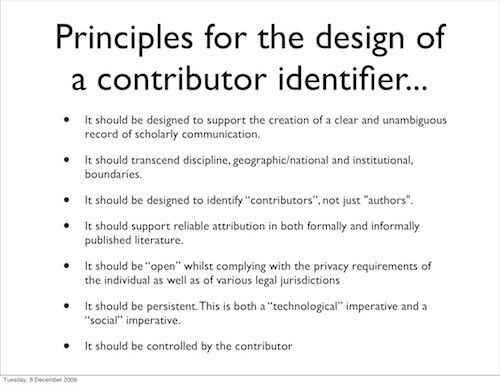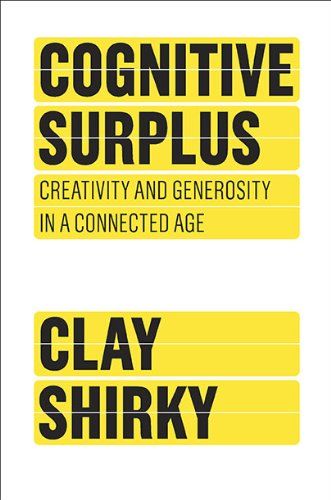
This was the title of the session with Geoff Bilder , Gudmundur Thorisson and myself at the Science Online London Conference last Saturday. Geoff first introduced the ORCID initiative, including several principles. We then talked about two use cases for ORCID.



